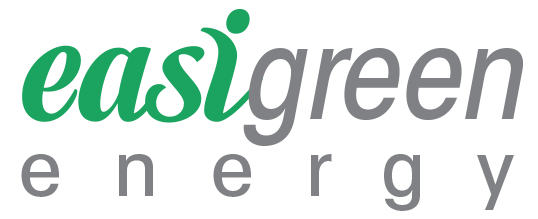Flexible Solar Panels – Flexible Vs Rigid Solar Panels
With the increase in popularity of solar panels and the expansion of the industry, the production of solar panels has gradually been increasing and diversifying. They are now made using a variety of materials and are available in various shapes, sizes and different power output options.
Flexible solar panels and rigid solar panels are the 2 major types of solar panels which are widely available.
Flexible Solar Panels
While flexible solar panels are expensive and are comparatively less efficient than conventional rigid solar panels, factors that have mainly hindered their widespread usage, people have started considering them due to multiple reasons, some of which are:
• They are lightweight.
• Due to their versatility, as flexible solar panels are portable.
• They can be folded and rolled, making their transportation easier.
• The materials used to manufacture these kinds of solar panels are recyclable.
• They can be used in variety of settings such as in houses, boats, RVs and automobiles.
• They do not need to be encapsulated by frames for protection.
• They are easier to install compared to the installation process of rigid solar panels.
• They perform well in low light conditions as well.
In addition to the above mentioned pros of flexible solar panels, an added advantage is that they can be incorporated into consumer products that function with solar energy, a development that will revolutionize the manufacturing of consumer goods.
According to a Caltech professor named Harry Atwater, only thin and flexible solar panels can compete with fossil fuels. He also argued that the manufacturing and installation costs of flexible solar cells can be reduced to as much as less than $1 per watt.
How Are Flexible Solar Panels Produced?
Flexible solar panels are manufactured with the help of a roll-to-roll technique by using printing machines. This technique is so fast that it can produce up to 100 meters of layered film in a minute. This means that the mass production of flexible panels is quite easier compared to the mass production of rigid panels.
Rigid Solar Panels
Rigid solar panels are the opposite of flexible solar panels, with the only exception that they both serve the same purpose. As the name suggests, rigid panels come with a rigid aluminum frame and a glass front. Due to their huge size, rigid panels are difficult to transport and since they cannot be folded or rolled, they need huge spaces,, both for transportation (transportation cost increases as a result) and installation. Rigid solar panels are also much heavier than flexible ones. Due to all these factors, rigid panels are not portable.
While rigid solar panels are more widely used than flexible ones, manufacturers and experts in the field predict that the future belongs to flexible panels. Keeping in view the efforts and developments taking place to make flexible ones more affordable and efficient, it will only add to the pool of already existing pros.
